Petrochemical Nylon Circular Economy 23-10-2019 - Arhive
Petrochemical Nylon Circular Economy
China – Polyethylene Terephthalate
PET and its chain are weak.
Crude oil price is steady.
Polyamide 6 and its chain are weak.
Acrylonitrile is steady.
PET Bottle grade export 800/840 $/ton – PET Bottle grade domestic market 6,500/6,600 yuan/ton – PET Filament grade SD domestic market 6,050/6,150 yuan/ton – PET Filament grade BR domestic market 6,150/6,250 yuan/ton
PTA Taiwan 615/625 $/ton – PTA domestic market 4,750/4,900 yuan/ton – MEG 535/545 $/ton – MEG domestic market 4,550/4,650 yuan/ton – PX Korea 755/770 $/ton.
Polyester POY 150D/48F domestic market 7,100/7,200 yuan/ton – Polyester DTY 150D/48F domestic market 8,700/8,800 yuan/ton – Polyester Staple PSF domestic market 7,000/7,100 yuan/ton
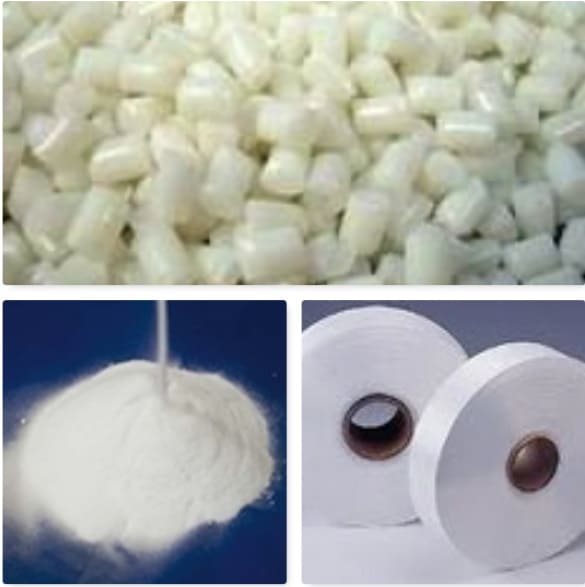
Crude Oil Prices Trend

-Graphene Enters High-Volume Applications… And This Is Just The Start
The following is a sponsored message by IDTechEx
As is the case for many advanced materials, the expectation accelerates and fades long before a notable order appears on any manufacturers book. Graphene, the “wonder material” of the 21 st century, finally slips away from the (sometimes misleading) media spotlight just as the material steps off the testing bench and high-volume orders begin to roll in.
The 14th Graphene & 2D Materials show, Nov. 20-21, Santa Clara, is a B2B conference dedicated to graphene commercialisation (www.GrapheneUSA.tech). With over 35 notable graphene speakers, 7 other co-located conferences in related application verticals, and a 270+ exhibitor tradeshow. This article highlights some of the graphene themes addressed.
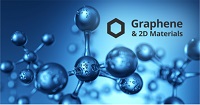
-The tussle in Brussels: is PHA a naturally occurring polymer? Or a plastic?
With the formal adoption of the single-use plastics directive by the European Council in May, the ax officially fell for the producers of disposable products such as plastic plates, cutlery, straws, balloon sticks and cotton buds.
As from 2021, these products will be banned; they will no longer be permitted to be produced from “plastic,” as defined by the directive.
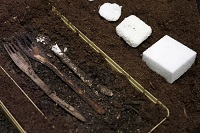
-Europe LPG-based cracker margins drop, naphtha-based stay flat
European contract cracker margins based on liquefied petroleum gas (LPG) fell week on week on higher feedstock costs and lower ethylene prices, ICIS margin analysis showed on Monday.
Margins for naphtha-based crackers were largely flat.
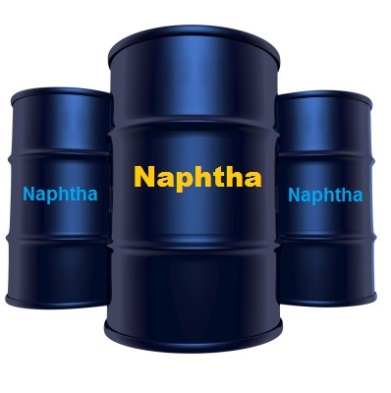
-The Recycling Partnership Announces First-Ever U.S. Circular Economy Roadmap
New “Bridge to Circularity” Report Calls for $500 Million by 2025 to Transform the U.S. Recycling System
Report Emphasizes Need for Creating New Pathways to Recyclability, Unlocking Post-Consumer Material Supply, and Crafting Bold, Transformative Policies Supported by Cutting-Edge Solutions
The Recycling Partnership today announced the first-ever roadmap aimed at addressing systemic issues in the U.S. recycling system and catalyzing the transition toward a circular economy for packaging.
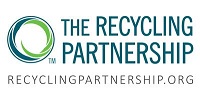
-Cargill reduces carbon footprint through sustainable packaging
Converts 90% of its plastic packaging for its edible oil brands to recyclable material
Cargill’s oils business in India has redesigned its packaging by cutting down on the amount of raw plastic used across all products. In association with Dow Chemical, the business reformulated its plastic material, making 90% of its plastic packaging recyclable.
To raise further awareness among consumers, the brands carry the slogan “recycle the present, save the future”on their packaging.

-Covestro: Sustainable business ideas chosen at K 2019: Employees become founders
The idea is promising: New plastic materials can contribute to faster charging times for batteries in electric vehicles
Second Covestro Start-up Challenge focuses on circular economy
Winner selected from six finalists
Up to one million euros in start-up capital for the best business idea
The idea is promising: New plastic materials can contribute to faster charging times for batteries in electric vehicles. With its “Power Separator” idea, the winning team of this year’s Start-up Challenge wants to use Covestro’s know-how in the field of high-tech materials to launch a new generation of battery separators on the market
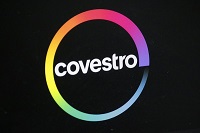
-Asia MEG market faces rising supply, slowing demand
Asia’s monothylene glycol (MEG) supply will get a boost in the near term from start-ups of new plants at a time when demand is slowing down.
Yarn production at a China textile factory (Photo by Imaginechina/Shutterstock)
Two major MEG units with a combined capacity of 1.65m tonnes/year is expected to begin production within the fourth quarter.
In Malaysia, PETRONAS is conducting trial runs at its new 750,000 tonne/year MEG unit, which could officially start up in November, market sources said.
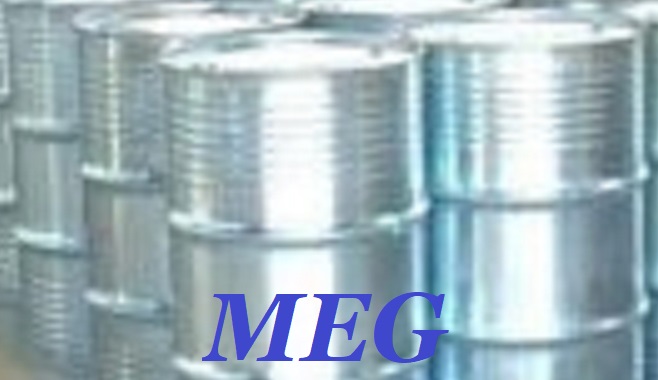
-Rockay launches new collection of 100% recycled socks
Rockay, a sustainable sportswear brand from Denmark, has utilised Swedish company Polygiene’s anti-odour coating technology to launch a new collection in Oct 2019 of 100 per cent recycled socks. The eco-friendly credentials of the socks enable athletes to wear them more often and wash less. This extends their life and also saves water, energy, time and money.
The performance socks are made using recycled ocean waste, fishing nets and other plastic waste, with an advanced manufacturing process behind it.

-Ten Ways Biotechnology Makes the World More Sustainable
As climate change looms over our future, many industries are turning to biology for solutions to make all aspects of our lives more sustainable for the environment. Biotech companies are rising to the challenge.
When developing more sustainable materials and processes, biotechnology draws from millions of years of evolution in which living beings have specialized in producing and recycling all kinds of compounds and materials. Biological processes can be used to replace polluting chemical methods, allowing us to efficiently break down waste and produce new materials with lower pollution, water, land, and energy use.

-Hosokawa Alpine pushes ahead with efficient and recyclable solutions
Despite its numerous benefits, multilayer packaging is increasingly coming under scrutiny due to its inability to be efficiently recycled.
As the circular economy gains momentum, solutions are being sought that are able to provide the barrier properties provided by multiple layers with the green properties needed in a sustainable world.
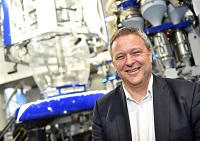
-Fiji Water commits to 100% recycled PET water bottles by 2025; unveils new packaging
Water bottles made from PET continue to be the most recyclable products on the planet, and demand for recycled PET (rPET) continues to rise. One of the largest bottled water producers, Fiji Water (Los Angeles) announced a “multifaceted initiative to transform its use of plastic while promoting a circular economy.”
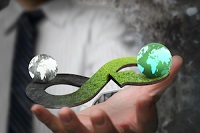
Petrochemical Nylon Circular Economy
